Organic Cotton vs Regular Cotton: What’s the Real Difference?

Introduction
Cotton is one of the most widely loved fabrics in the world — gentle on the skin, breathable through changing seasons, and versatile enough to shape everything from simple everyday tees to thoughtfully tailored dresses. Yet, as conversations around sustainability grow louder, many shoppers find themselves pausing at a familiar question:
What exactly is the difference between organic cotton and regular cotton?
To the eye, both look soft and natural. Even to the touch, they often feel similar. But behind these fabrics lie two very different stories — one shaped by nature, and the other shaped by intensive agricultural methods. Understanding these differences can help you make more mindful choices for your wardrobe, your skin, and the planet.
This article breaks down the real distinctions between organic cotton and regular cotton, exploring everything from farming practices to environmental impact, fiber quality, comfort, cost, and long-term value.
Let’s begin at the heart of it all: how the cotton is grown.
How the Cotton Is Grown: Natural vs. Chemical Farming
✅ Organic Cotton: Grown the Natural Way
Organic cotton farming avoids synthetic chemicals entirely. It is grown without:
-
Chemical pesticides
-
Chemical fertilizers
-
Genetically modified seeds
-
Harsh agricultural toxins
Farmers instead rely on:
-
Compost
-
Natural fertilizers
-
Crop rotation
-
Rain-fed irrigation whenever possible
-
Biodiversity-based pest management
These methods keep the soil healthy, protect water sources, and ensure that no harmful residues make their way into the final fabric.
❌ Regular Cotton: Highly Chemical-Dependent
Conventional cotton is considered one of the most chemical-intensive crops in the world. It often includes:
-
Heavy use of synthetic pesticides
-
Fertilizers that degrade soil quality
-
Genetically modified seeds designed for faster growth
-
Water-intensive irrigation systems
While these techniques aim to increase yield, they also impact ecosystems, farmers, and long-term soil health.
Why This Difference Matters
When cotton is grown naturally, the resulting fibers tend to be stronger and more resilient. Soil health directly influences the purity, softness, and durability of the final fabric.

Water Consumption: A Clear Environmental Divide
Cotton is known as a thirsty crop, but organic cotton dramatically reduces water usage.
✅ Organic Cotton Uses Far Less Water
Due to healthier soil structure and more mindful farming practices, organic cotton fields:
-
Retain moisture more effectively
-
Require less irrigation
-
Often rely mostly on rainwater
Studies show that organic cotton can use up to 80–90% less blue water (water taken from lakes and rivers).
❌ Regular Cotton Heavily Relies on Irrigation
Conventional cotton often relies on:
-
Deep-well irrigation
-
River-diverted systems
-
Water-intensive growth cycles
This has contributed to severe water depletion in several regions around the world.
Why It Matters
Choosing organic cotton supports water conservation and protects communities facing water scarcity.
Chemical Exposure: On Your Skin & in the Environment
This is one of the most important differences between the two.
✅ Organic Cotton Is Free from Toxic Residues
Organic cotton fabric:
-
Contains no pesticide residues
-
Is kinder to sensitive skin
-
Reduces the risk of allergies
-
Is naturally hypoallergenic
This makes it ideal for:
-
Infants
-
People with eczema or allergies
-
Anyone seeking a cleaner, safer fabric experience
Farmers also benefit from reduced exposure to harmful chemicals.
❌ Regular Cotton Contains Chemical Traces
Conventional cotton undergoes several chemical treatments, and traces may remain in the finished fabric — especially in fast fashion garments that skip advanced purification processes.
Why It Matters
Clean fabrics are healthier for both you and the environment.

Impact on Soil, Ecosystems & Biodiversity
✅ Organic Cotton Supports Soil Health
Because it uses natural fertilizers and crop rotation, organic cotton farming helps:
-
Restore soil nutrients
-
Increase biodiversity
-
Support insects and microorganisms
-
Reduce soil erosion
Healthy soil helps produce higher-quality, longer fibers.
❌ Regular Cotton Damages Soil Over Time
Chemical fertilizers drain the soil’s natural nutrients and disrupt ecosystems. Over time, this weakens crop resilience and harms biodiversity.
Why It Matters
Soil is the foundation of all farming. When it thrives, everything grown in it thrives too.
Fiber Quality & Fabric Feel
Some consumers believe organic cotton is more expensive because it is “luxury.” In reality, the cost reflects better fiber quality and ethical farming practices.
✅ Organic Cotton Fibers Are Stronger & Softer
Thanks to chemical-free growth and healthier soil:
-
The fibers grow longer
-
They are less prone to breakage
-
The fabric feels softer and smoother
-
It becomes even softer with each wash
Organic cotton often lasts longer, making it a smart choice for slow fashion wardrobes.
❌ Regular Cotton Fibers Can Be Weaker
Chemical treatment can weaken fibers over time, affecting durability.
Why It Matters
Fiber strength determines how well your clothes age.

Certifications: How to Know if Your Cotton Is Actually Organic
GOTS (Global Organic Textile Standard)
The most trusted certification in the world. Ensures:
-
Organic farming
-
No harmful dyes
-
Ethical working conditions
-
Full transparency
OEKO-TEX® Standard 100
Ensures the fabric is free from harmful chemicals.
Organic Content Standard (OCS)
Verifies the percentage of organic fibers in a product.
Why It Matters
Not every product labeled “organic” is genuinely organic. Certifications protect you from greenwashing.
Price: Why Organic Cotton Costs More
Organic cotton is often slightly more expensive because:
-
Yields are lower
-
No chemicals = more manual labor
-
Certification is costly
-
Farming prioritizes ecology over speed
But the real value lies in:
-
Longer garment life
-
Better comfort
-
Lower environmental impact
In many cases, organic cotton offers better long-term value.
Comfort, Breathability & Daily Wear
Both regular and organic cotton are breathable, but organic cotton has a natural purity that enhances comfort.
Organic Cotton Feels Cleaner & Softer
It’s especially suitable for:
-
Hot climates
-
Daily wear
-
Travel
-
Sensitive skin group
Ideal for Slow Fashion
Organic cotton aligns perfectly with mindful wardrobes and conscious lifestyle choices.

Sustainability: The Bigger Picture
Organic cotton supports:
-
Lower carbon emissions
-
Zero toxic runoff
-
Cleaner water systems
-
Reduced soil degradation
-
Fairer working conditions
-
More responsible production cycles
It also encourages brands to invest in traceability, ethical sourcing, and transparency.
Which Should You Choose?
Choose Organic Cotton if you want:
-
A sustainable, ethical wardrobe
-
Fabrics safe for sensitive skin
-
Long-lasting quality
-
A reduced environmental footprint
Choose Regular Cotton if:
-
You are prioritizing affordability
-
Sustainability is not your main concern at the moment
Both have their place in fashion — but their environmental and ethical impacts differ significantly.
Conclusion
Organic cotton is more than a trend — it is a meaningful shift in the way we think about the clothes we wear and the world we want to live in. Its benefits stretch far beyond softness and comfort. It protects soil, supports farmers, conserves water, and reduces toxic chemicals from entering our bodies and ecosystems.
In contrast, regular cotton remains a major part of the global textile industry, but its environmental costs are becoming harder to ignore.
Understanding the difference between these two fabrics empowers you to make choices that align with your values — whether that means sustainability, comfort, health, or long-term quality.
A conscious wardrobe doesn’t have to be perfect. It simply begins with awareness.
FAQs: Organic Cotton vs Regular Cotton
1. Is organic cotton really better than regular cotton?
Yes. Organic cotton is grown without harmful chemicals, supports healthier soil, and is generally softer and more durable. It is better for the environment, farmers, and people with sensitive skin.
2. Does organic cotton last longer?
Often, yes. Organic cotton fibers grow stronger because they’re not exposed to harsh chemicals. This results in fabric that holds up better over time and becomes softer with wear.
3. Why is organic cotton more expensive?
Organic farming requires more labor, uses natural methods, and has lower yield compared to chemically supported farming. Certifications also add cost. However, the long-term value and reduced environmental impact justify the price for many shoppers.
4. Is regular cotton bad?
Not necessarily — it is still a natural fiber and generally comfortable to wear. However, its farming methods often involve chemicals and high water use, which raises environmental concerns.
Products on Sale
- Regular Price
- from $46.00
- Sale Price
- from $46.00
- Regular Price
-
$76.00
- Unit Price
- per
- Regular Price
- $199.00
- Sale Price
- $199.00
- Regular Price
-
$278.00
- Unit Price
- per
- Regular Price
- $134.00
- Sale Price
- $134.00
- Regular Price
-
$148.00
- Unit Price
- per
- Regular Price
- $109.00
- Sale Price
- $109.00
- Regular Price
-
$142.00
- Unit Price
- per
- Regular Price
- $159.00
- Sale Price
- $159.00
- Regular Price
-
$196.00
- Unit Price
- per
- Regular Price
- $49.00
- Sale Price
- $49.00
- Regular Price
-
$52.00
- Unit Price
- per
- Regular Price
- $22.00
- Sale Price
- $22.00
- Regular Price
-
$26.00
- Unit Price
- per
- Regular Price
- $30.00
- Sale Price
- $30.00
- Regular Price
-
$37.00
- Unit Price
- per
- Regular Price
- $134.00
- Sale Price
- $134.00
- Regular Price
-
$170.00
- Unit Price
- per
- Regular Price
- $74.00
- Sale Price
- $74.00
- Regular Price
-
$78.00
- Unit Price
- per
- Regular Price
- $46.00
- Sale Price
- $46.00
- Regular Price
-
$56.00
- Unit Price
- per
- Regular Price
- $99.00
- Sale Price
- $99.00
- Regular Price
-
$125.00
- Unit Price
- per
- Regular Price
- $99.00
- Sale Price
- $99.00
- Regular Price
-
$92.00
- Unit Price
- per
- Regular Price
- $56.00
- Sale Price
- $56.00
- Regular Price
-
$52.00
- Unit Price
- per
- Regular Price
- $56.00
- Sale Price
- $56.00
- Regular Price
-
$52.00
- Unit Price
- per
- Regular Price
- $56.00
- Sale Price
- $56.00
- Regular Price
-
$52.00
- Unit Price
- per
- Regular Price
- $128.00
- Sale Price
- $128.00
- Regular Price
-
$145.00
- Unit Price
- per
- Regular Price
- $69.00
- Sale Price
- $69.00
- Regular Price
-
$95.00
- Unit Price
- per
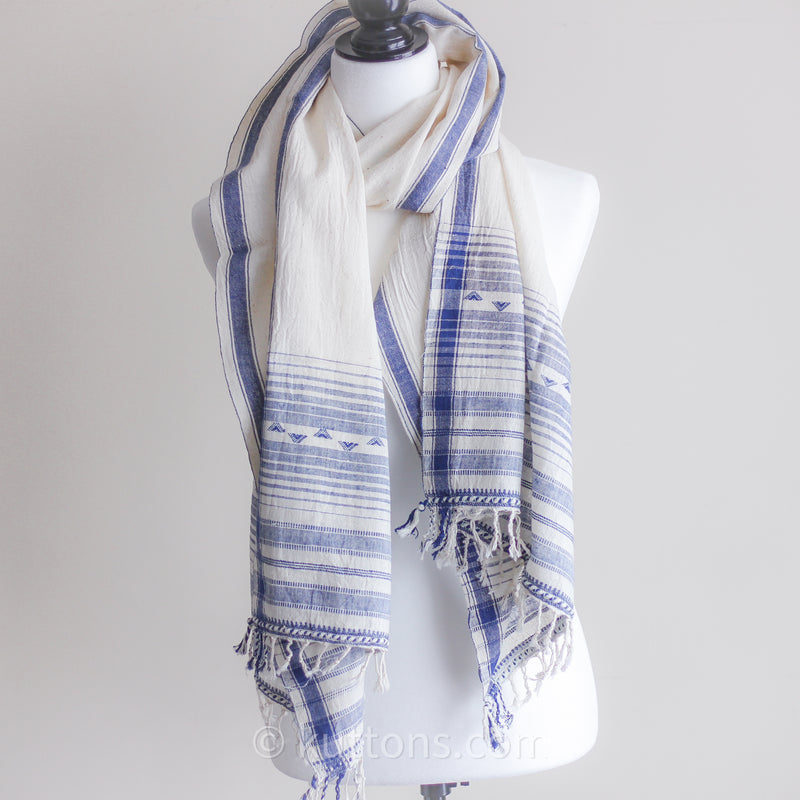
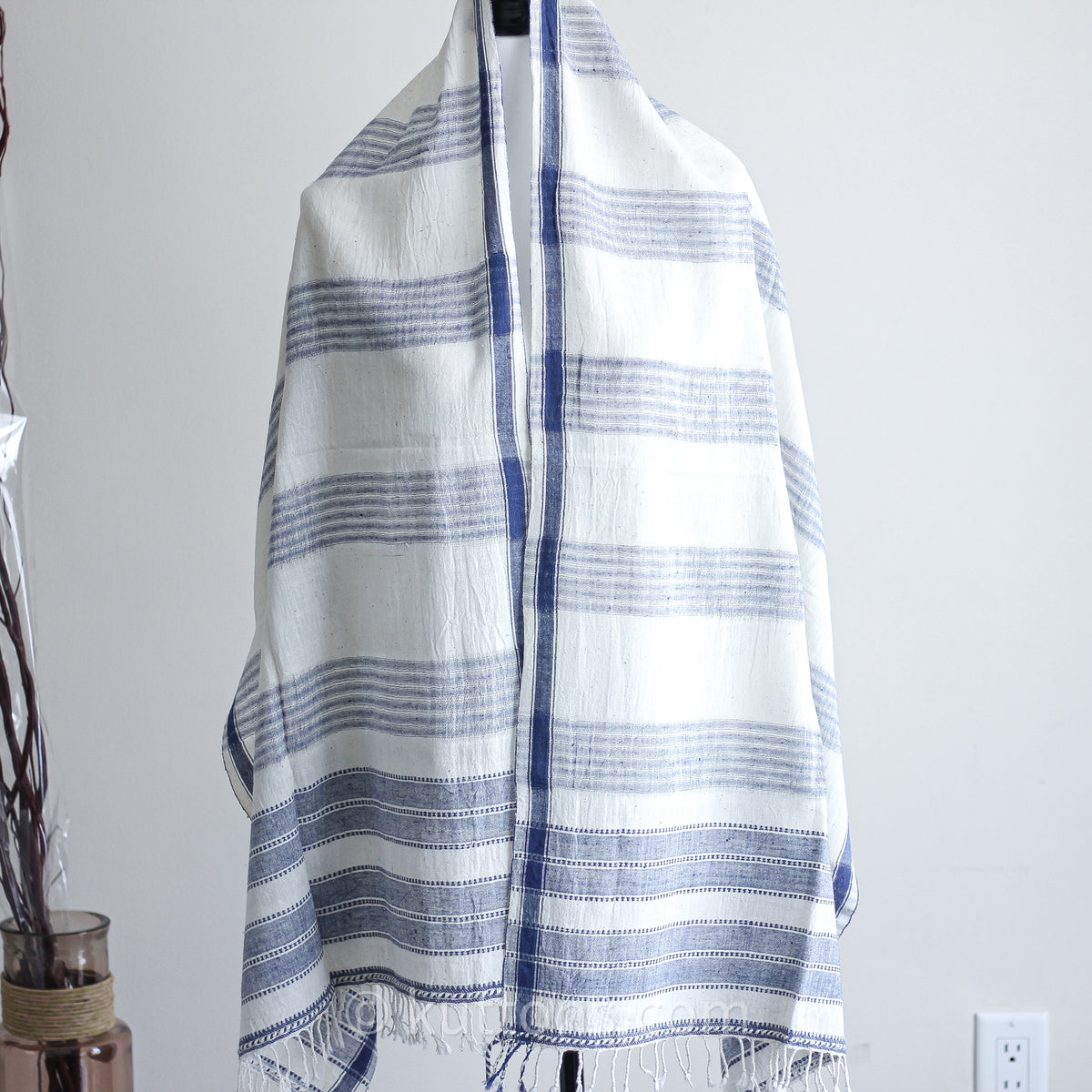
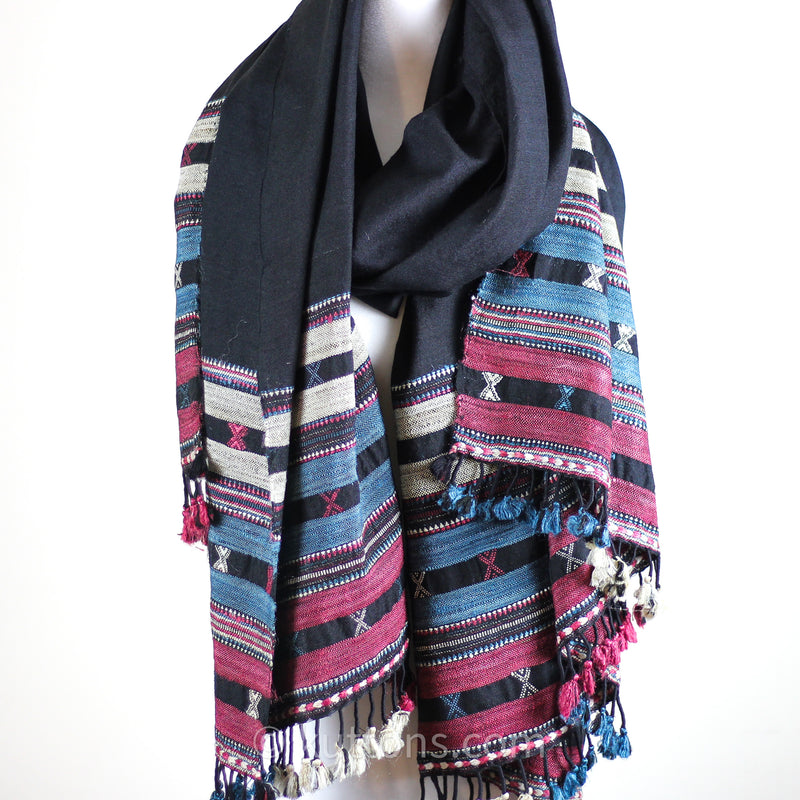
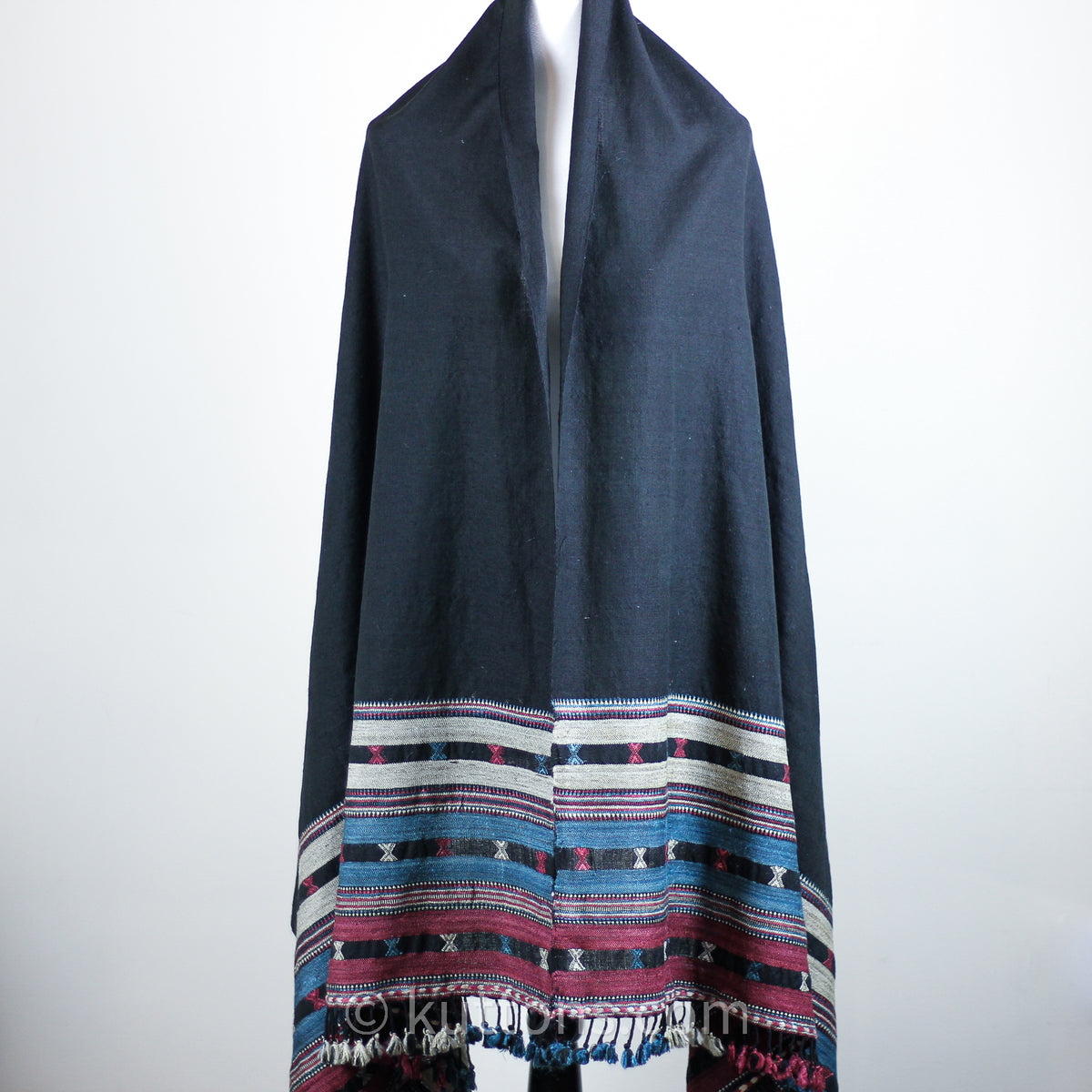
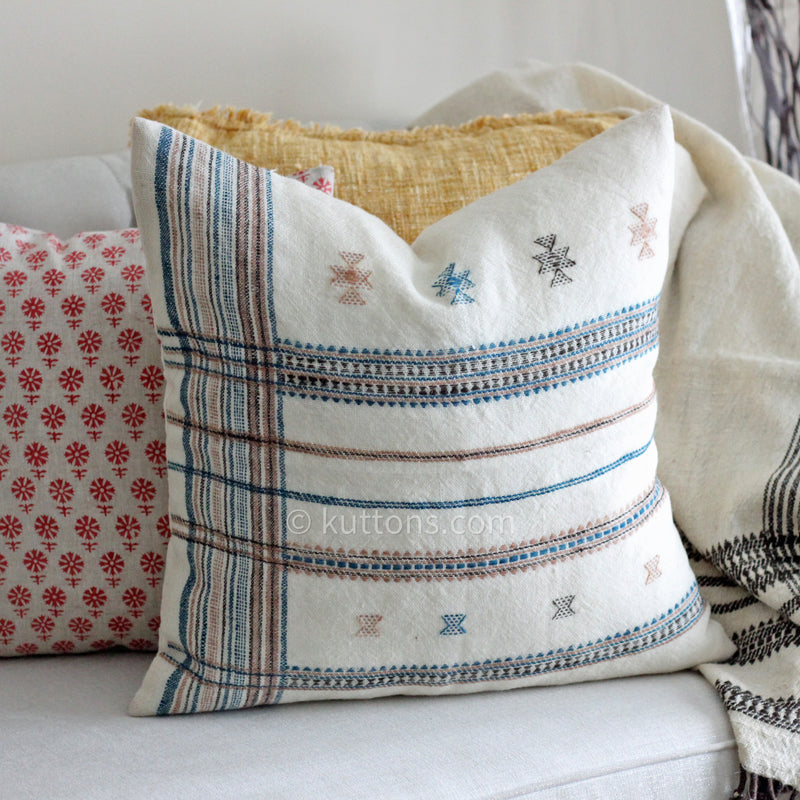
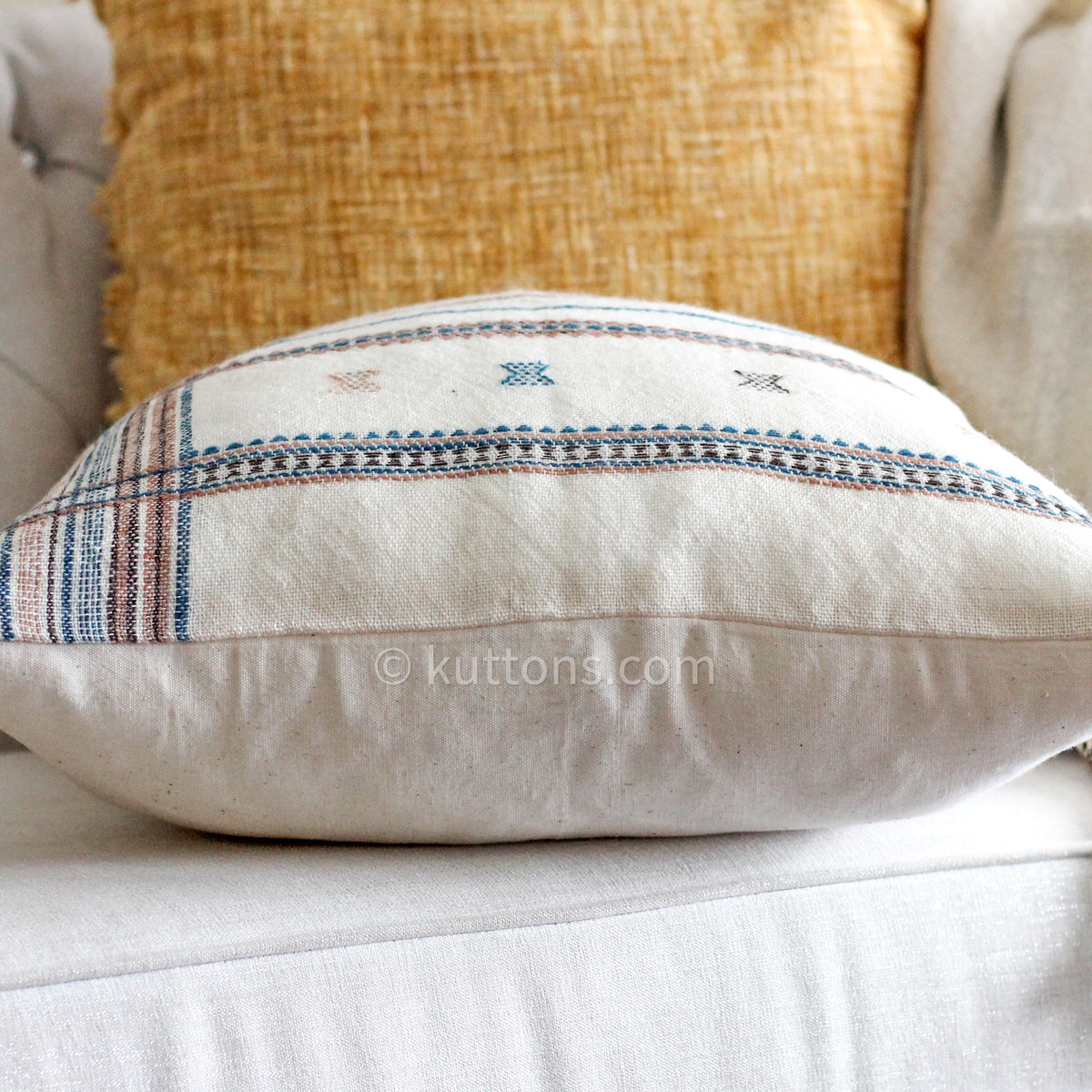
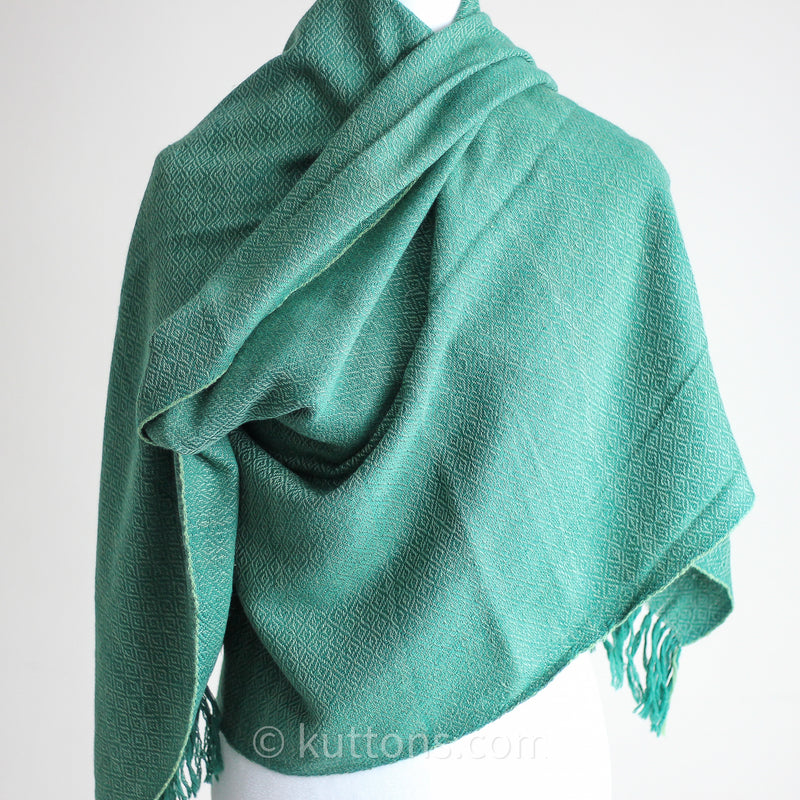
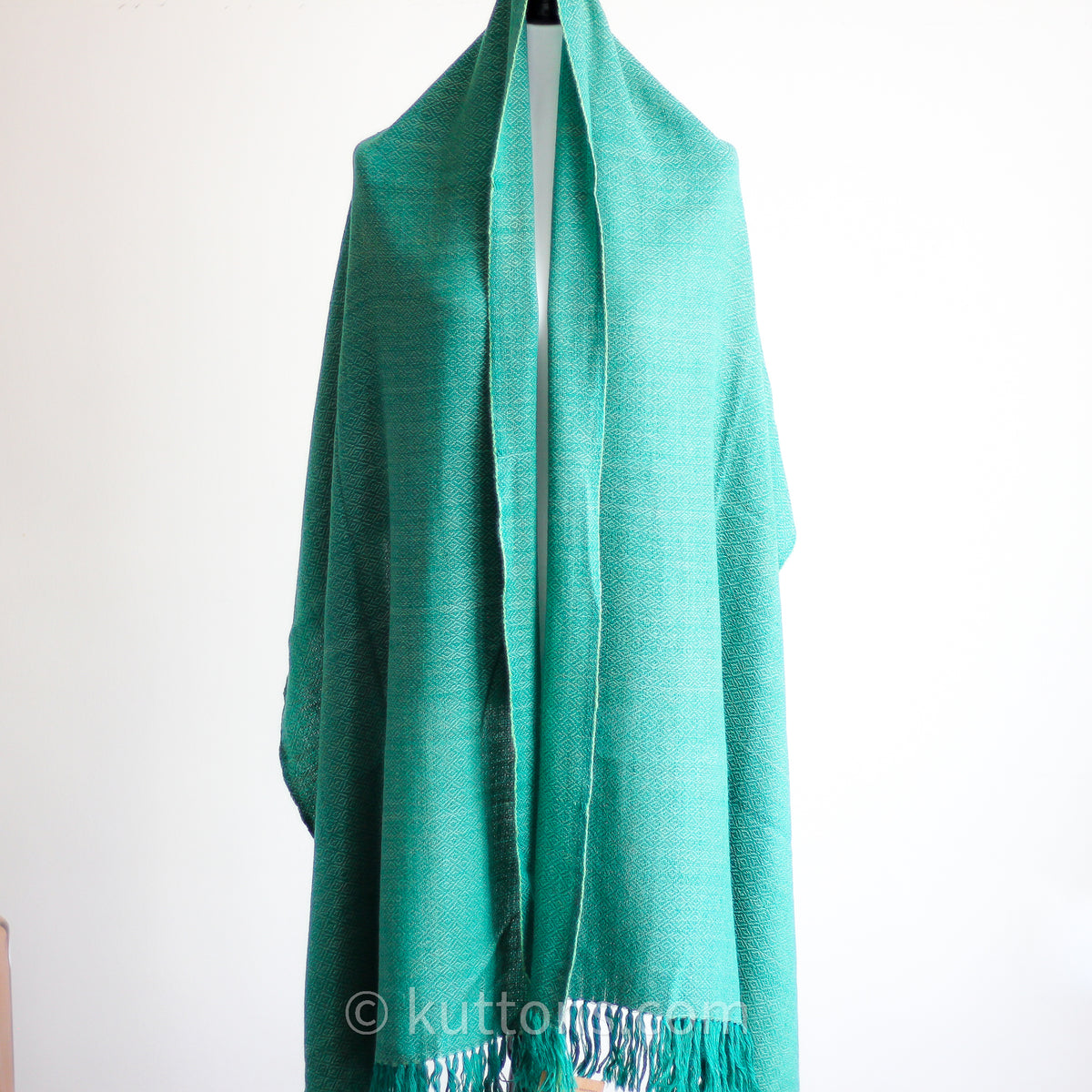

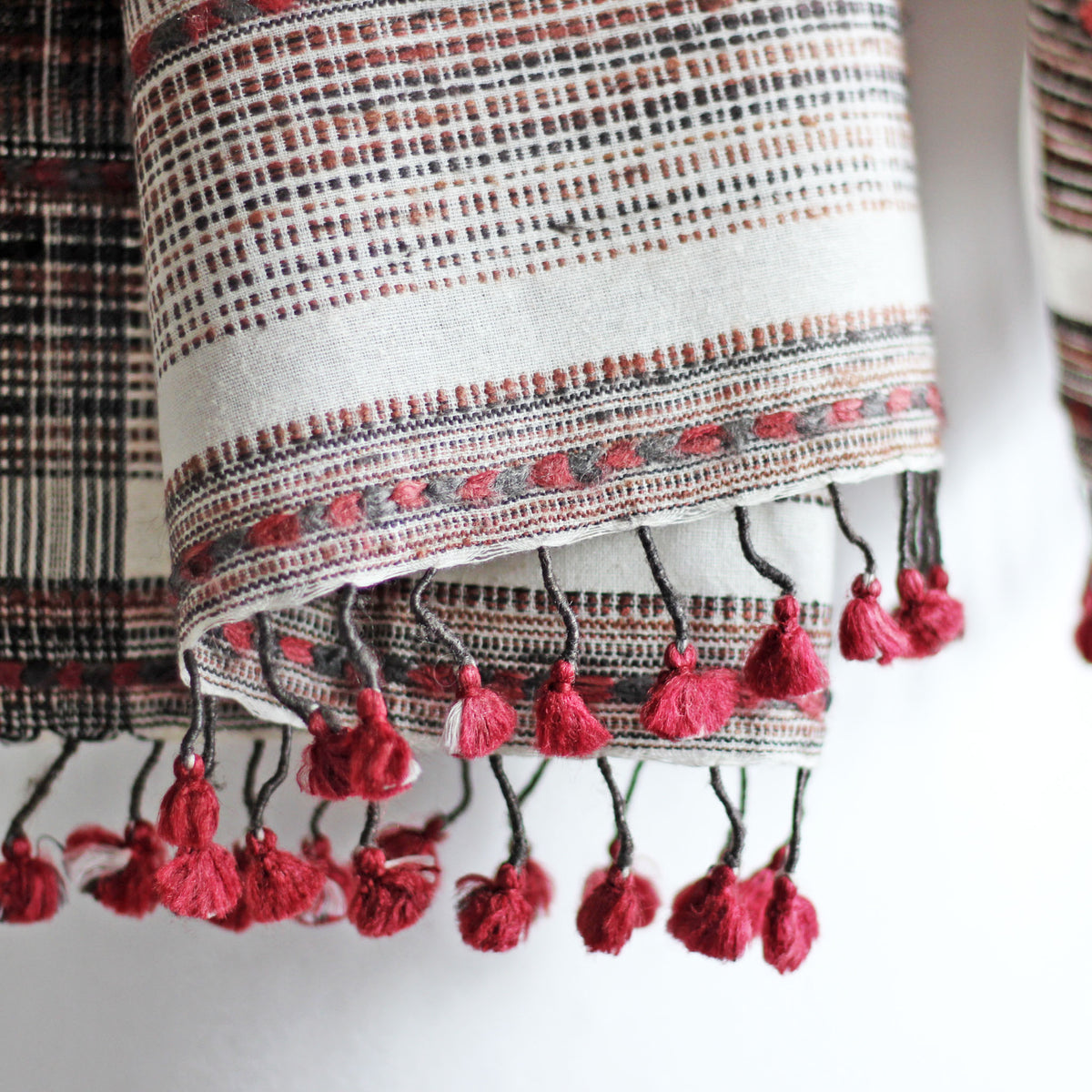
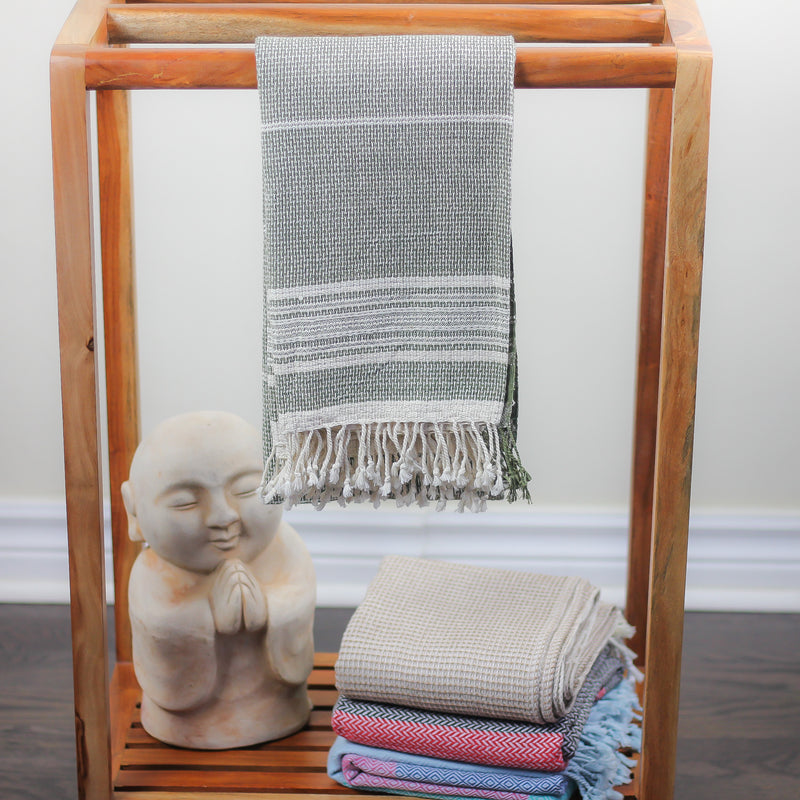
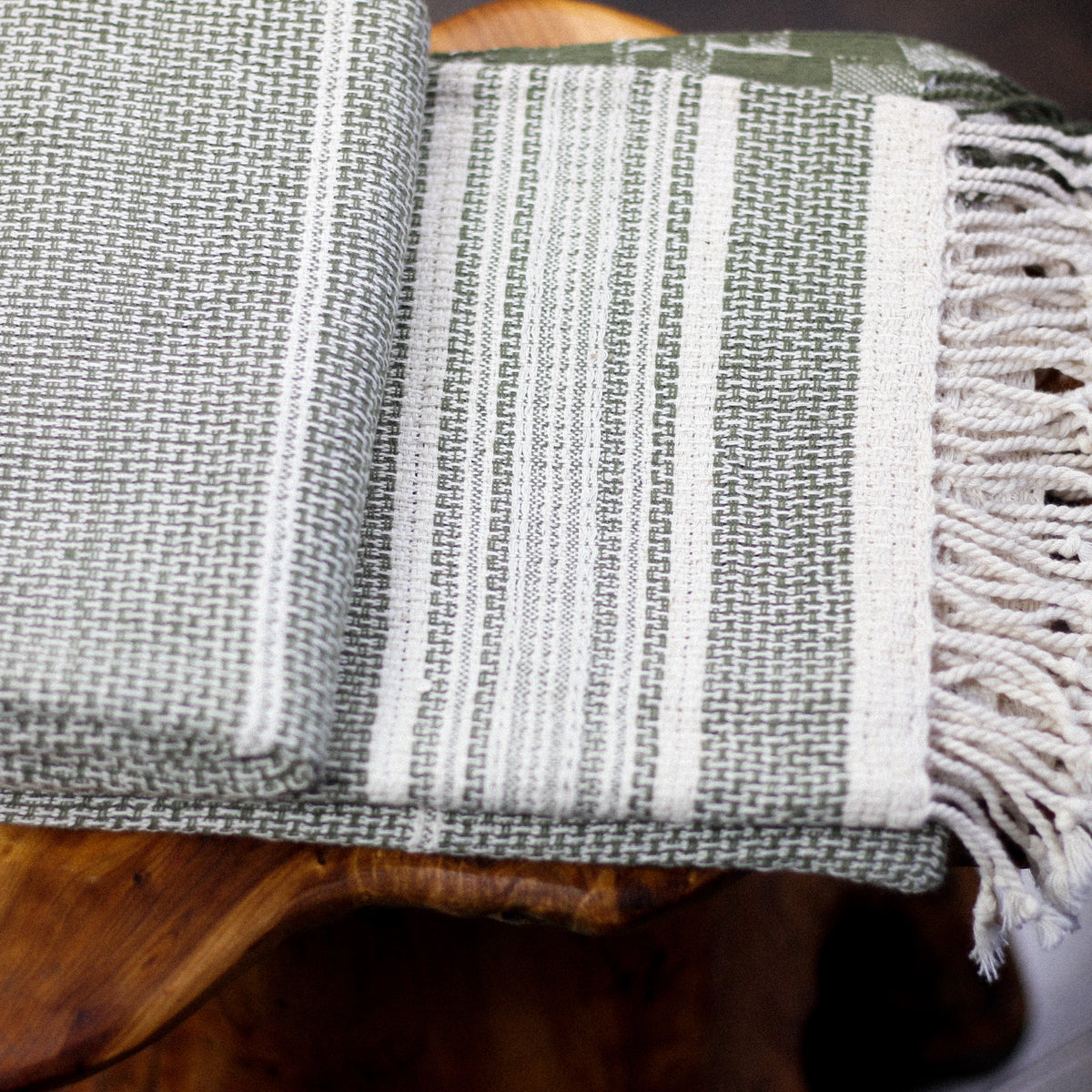
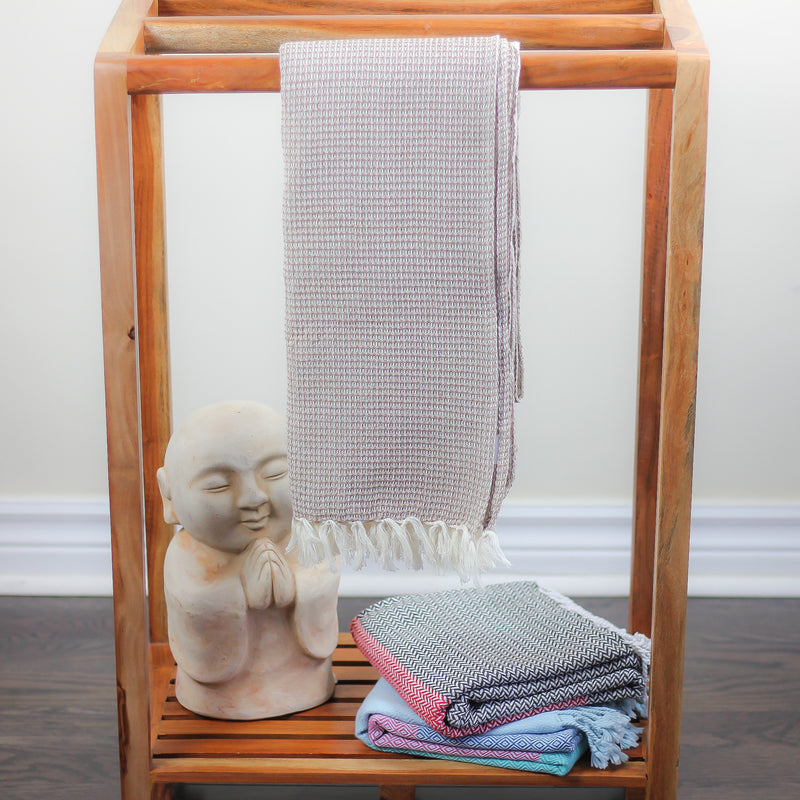
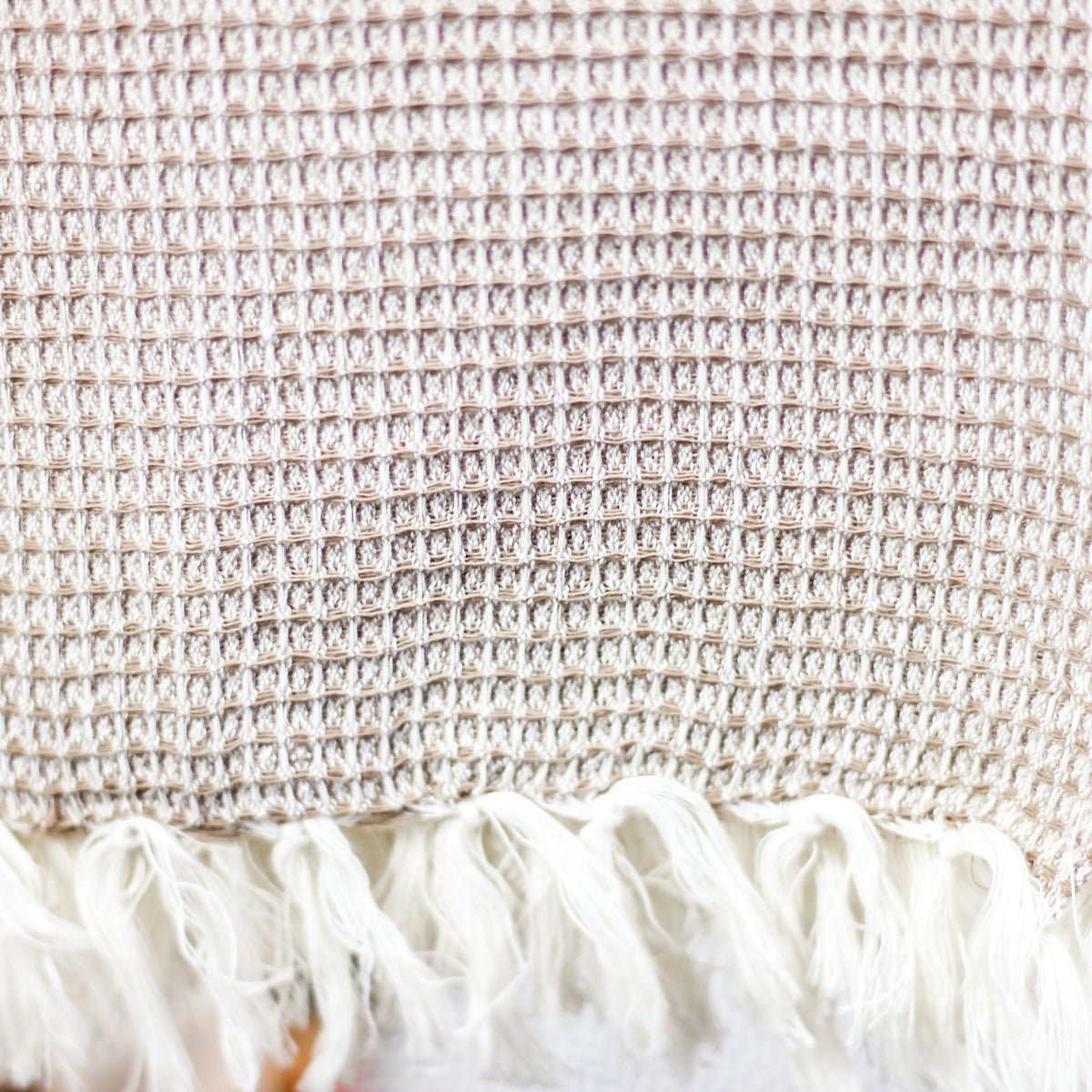
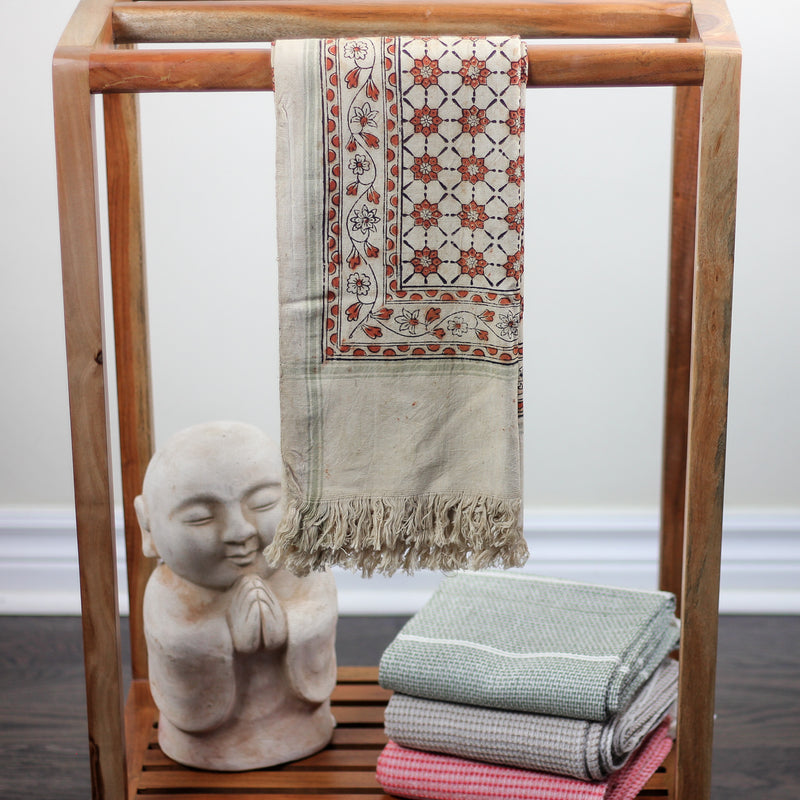
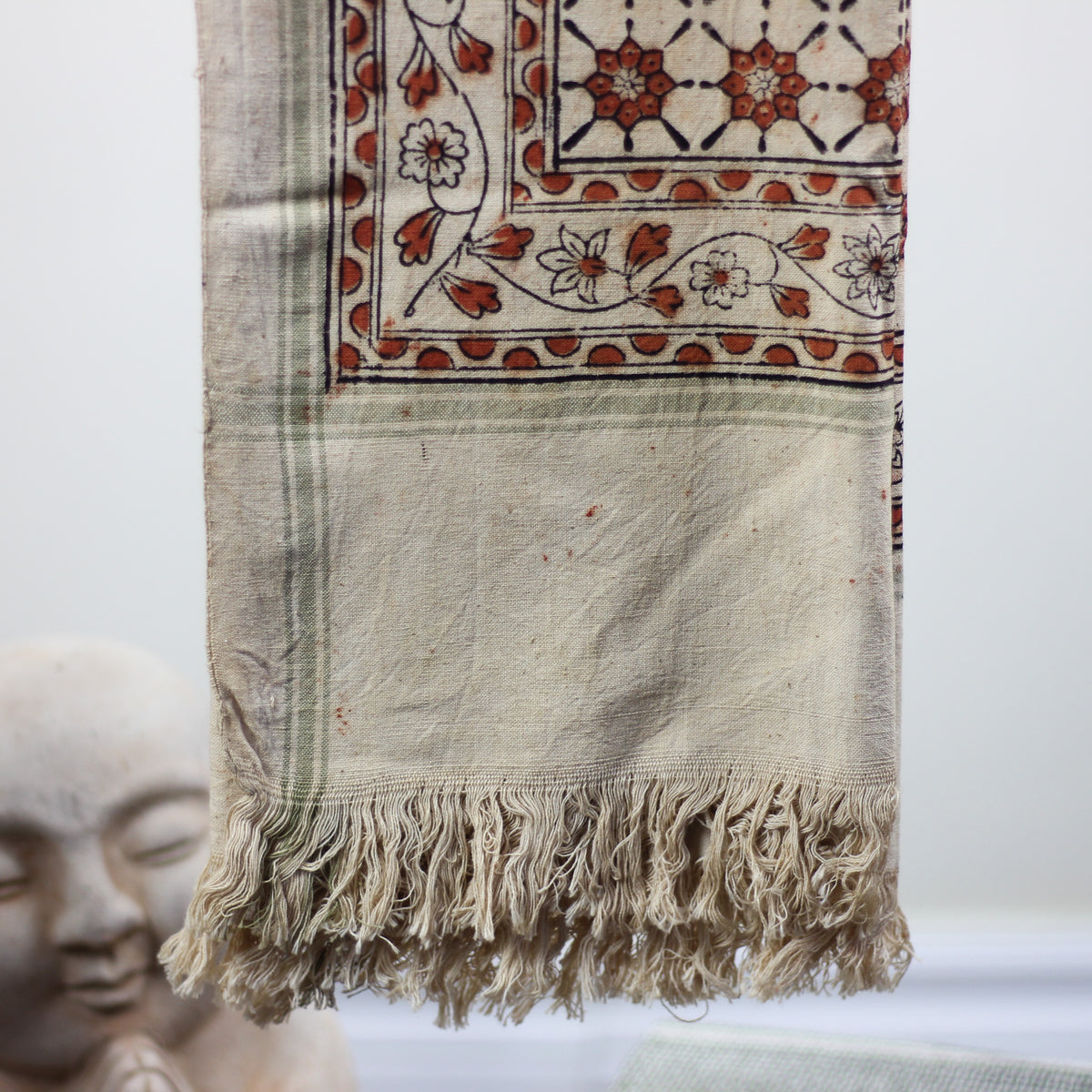
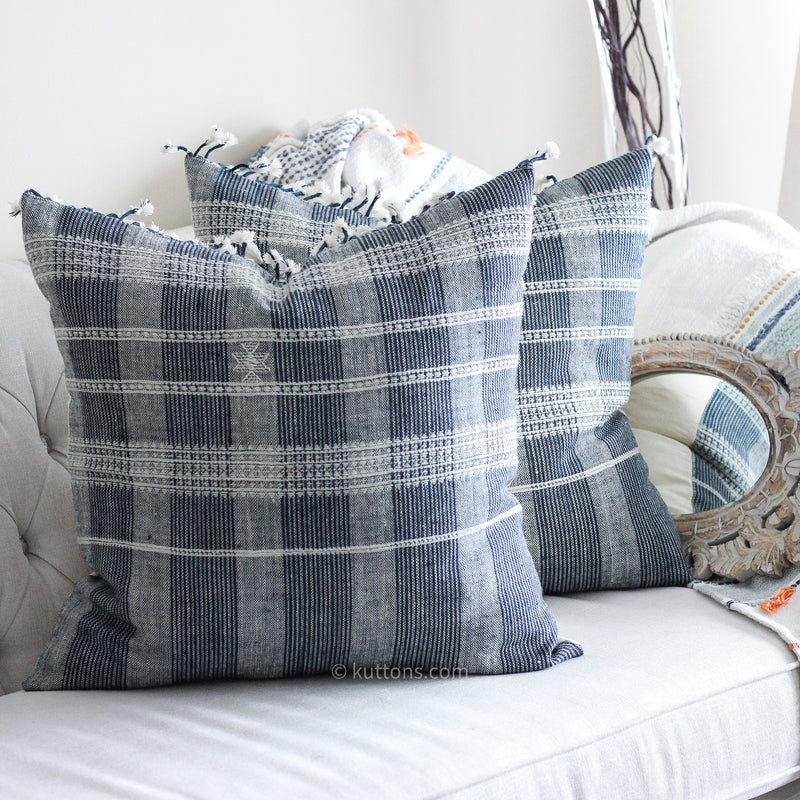

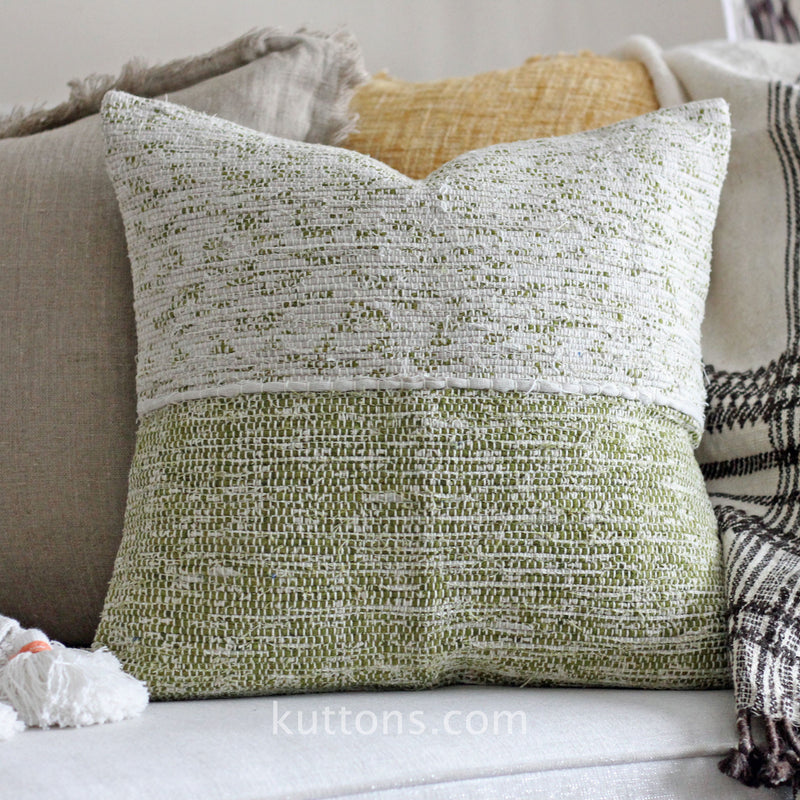
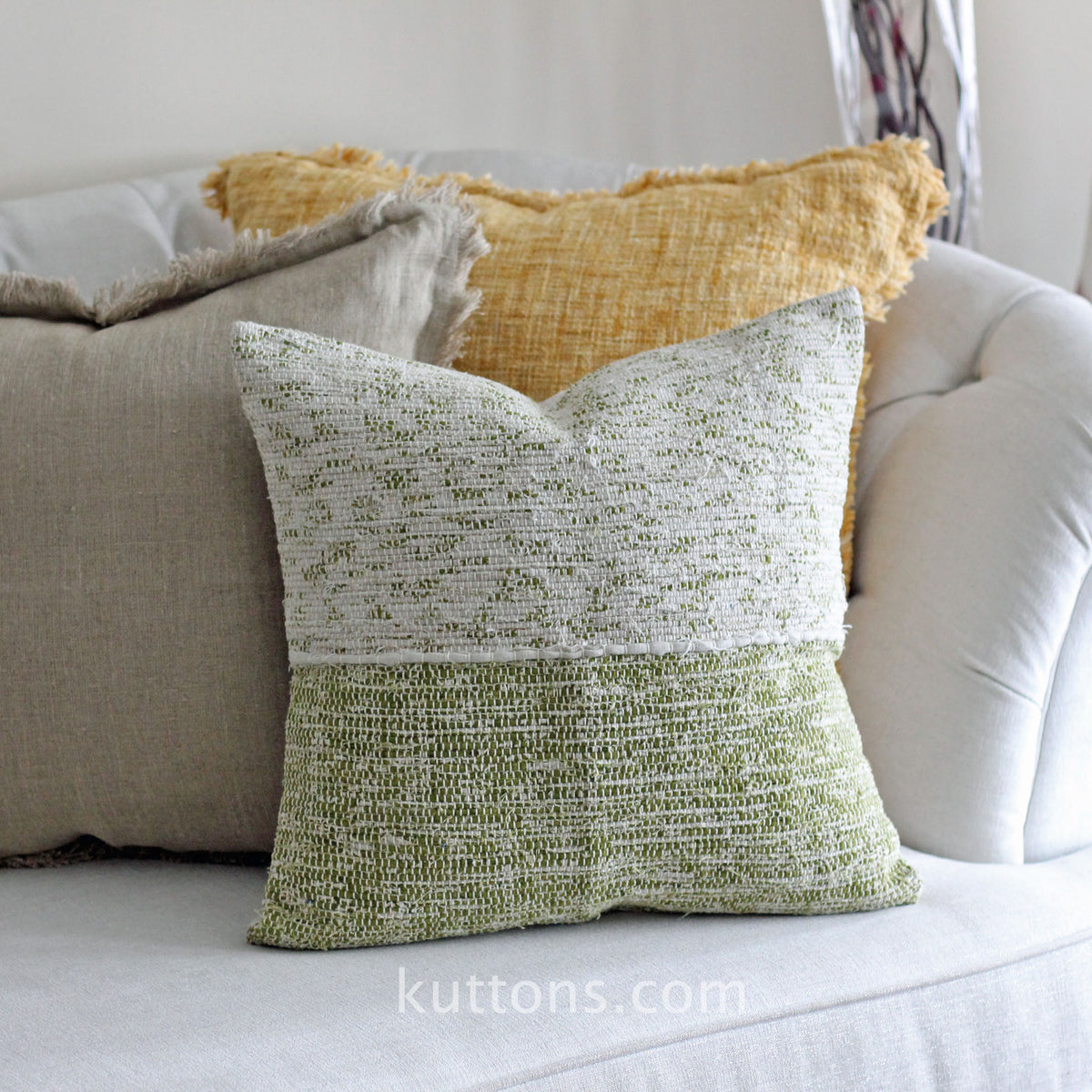
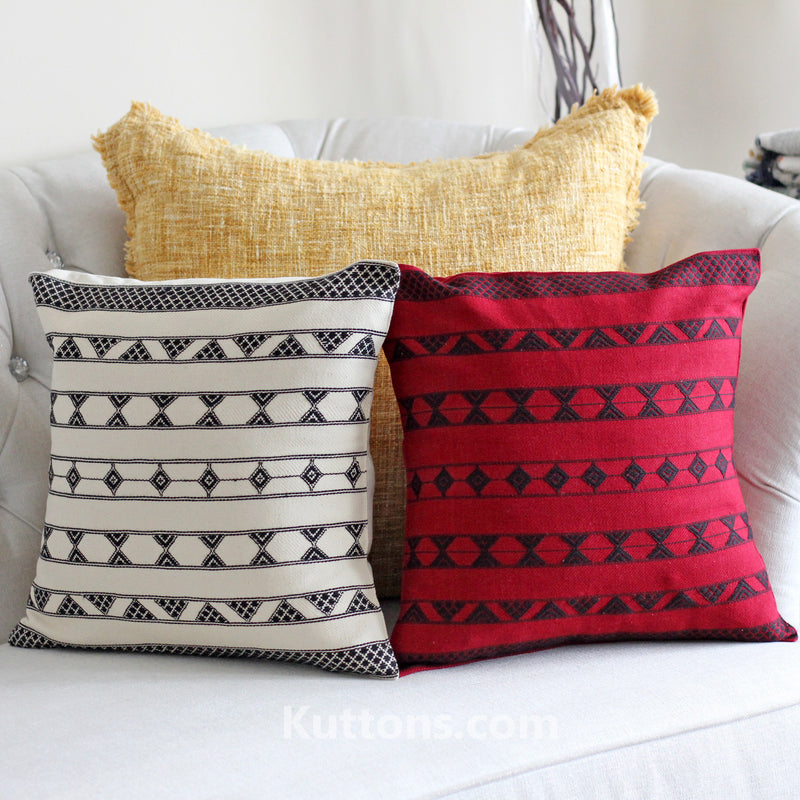
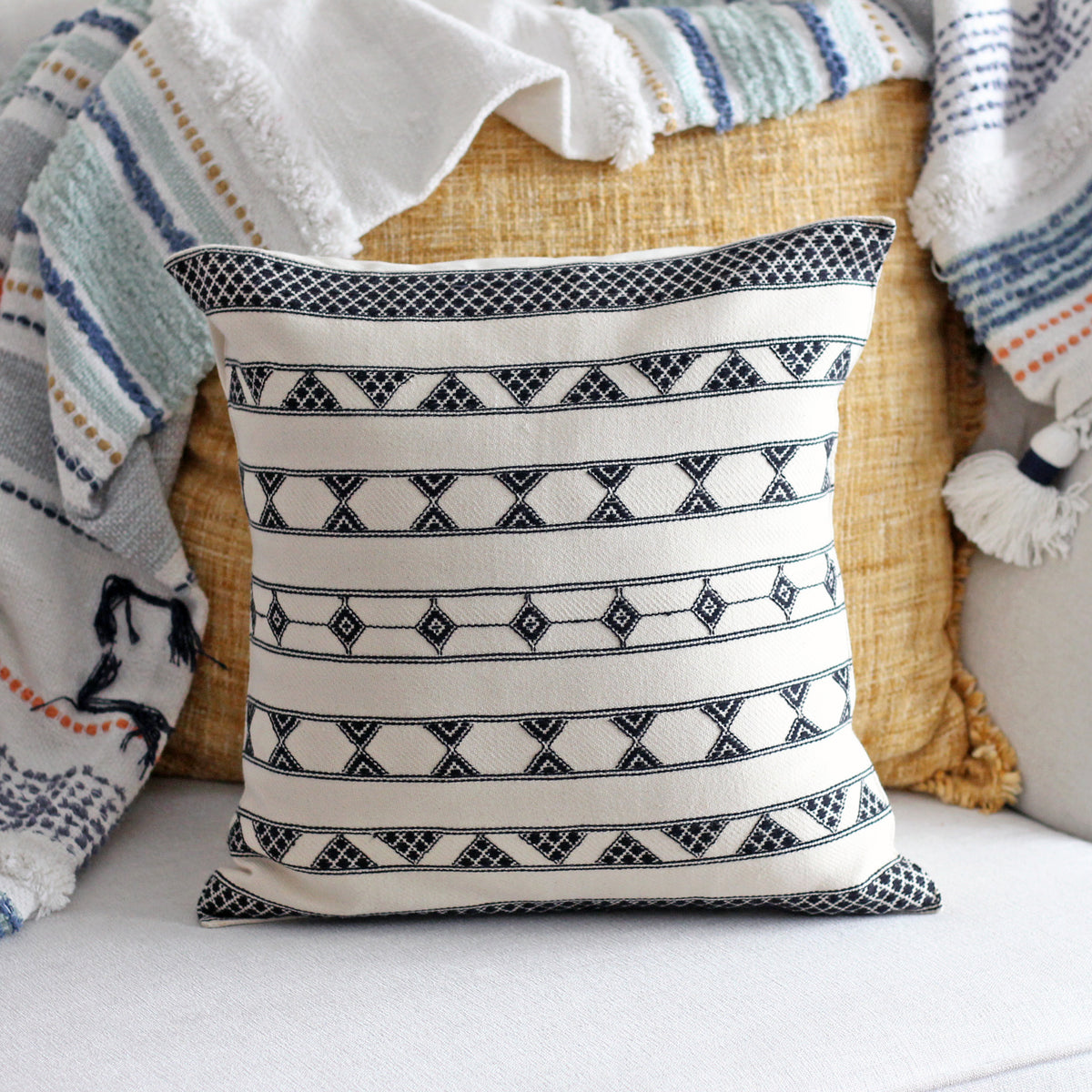
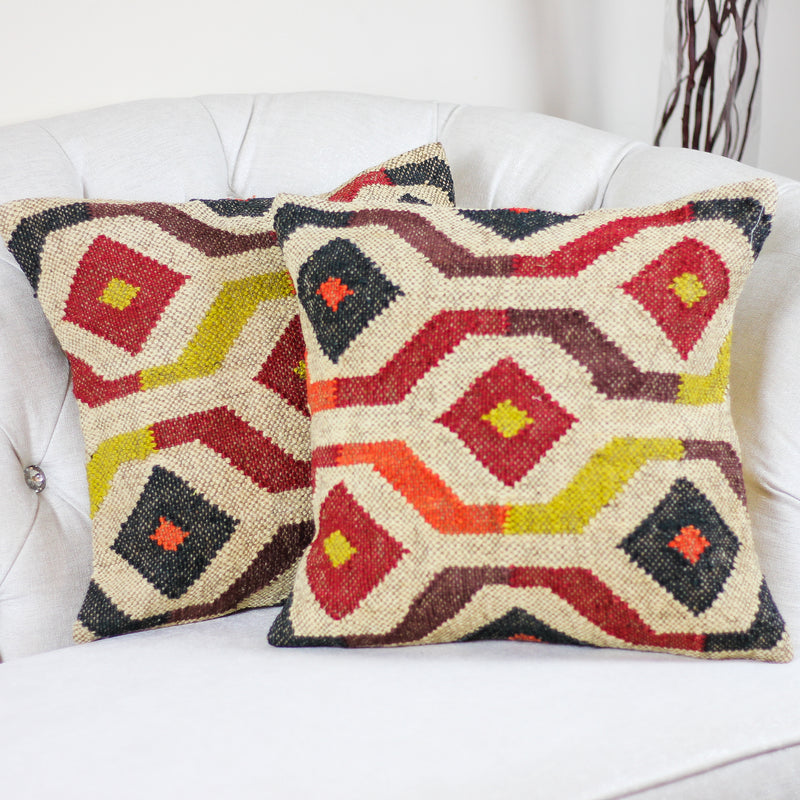


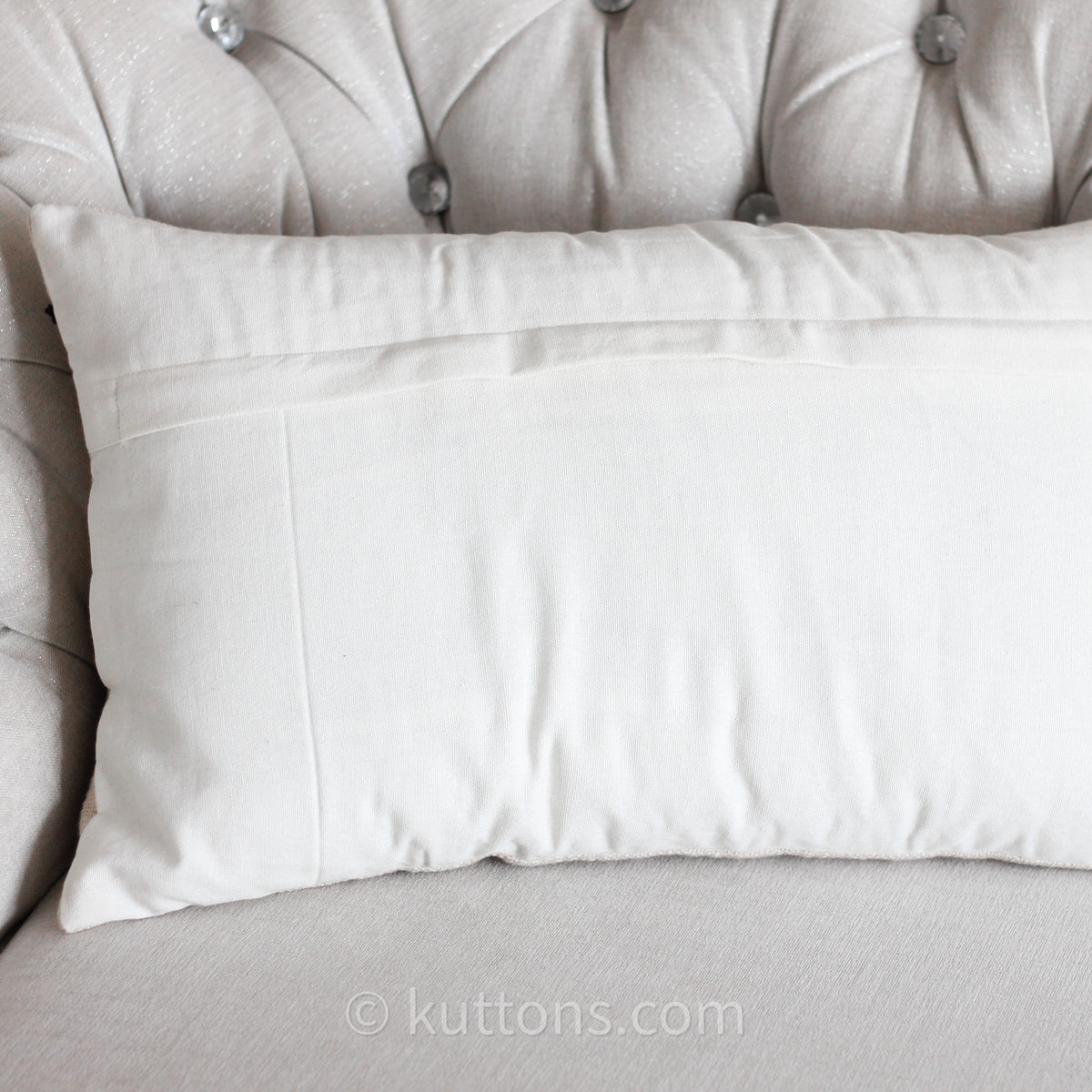

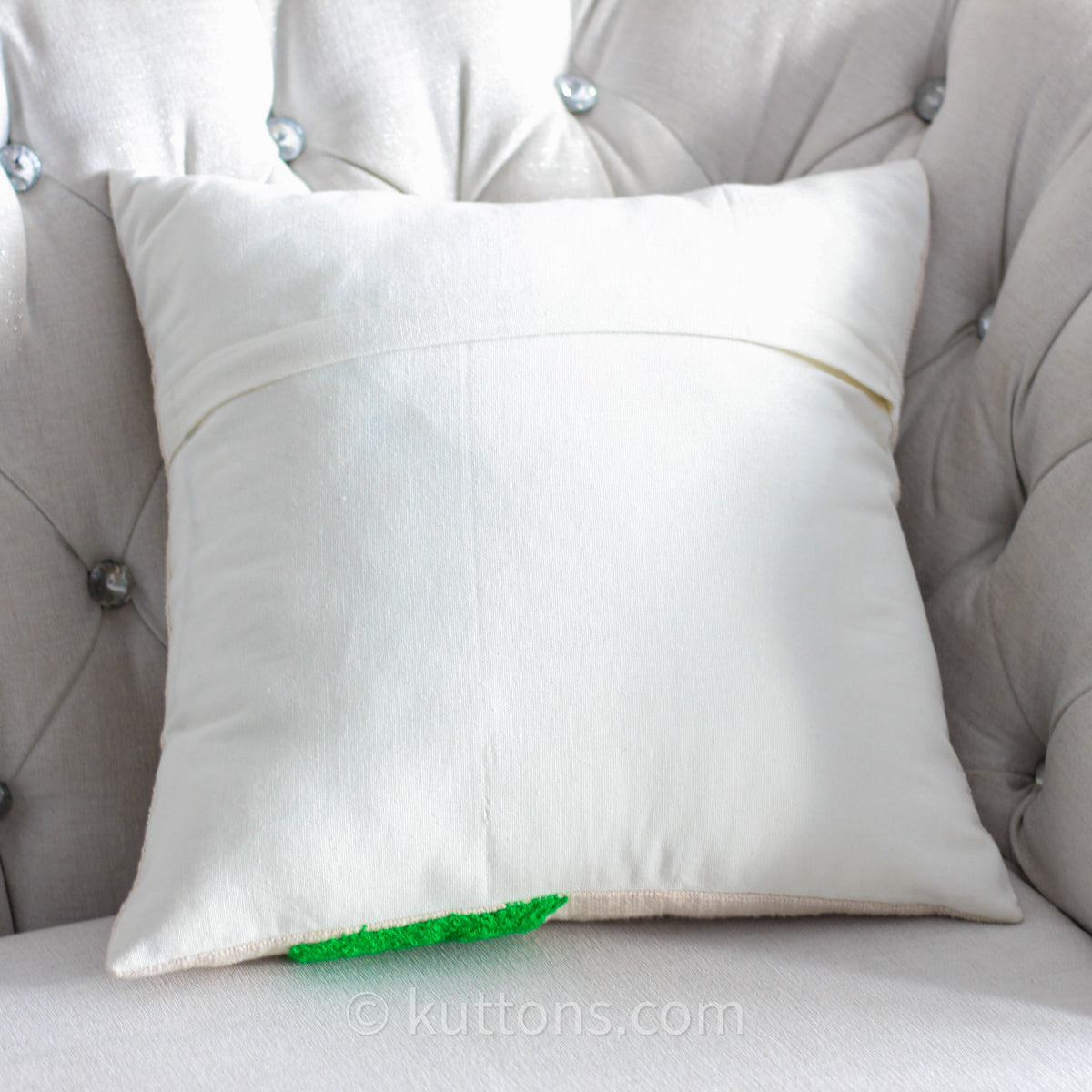

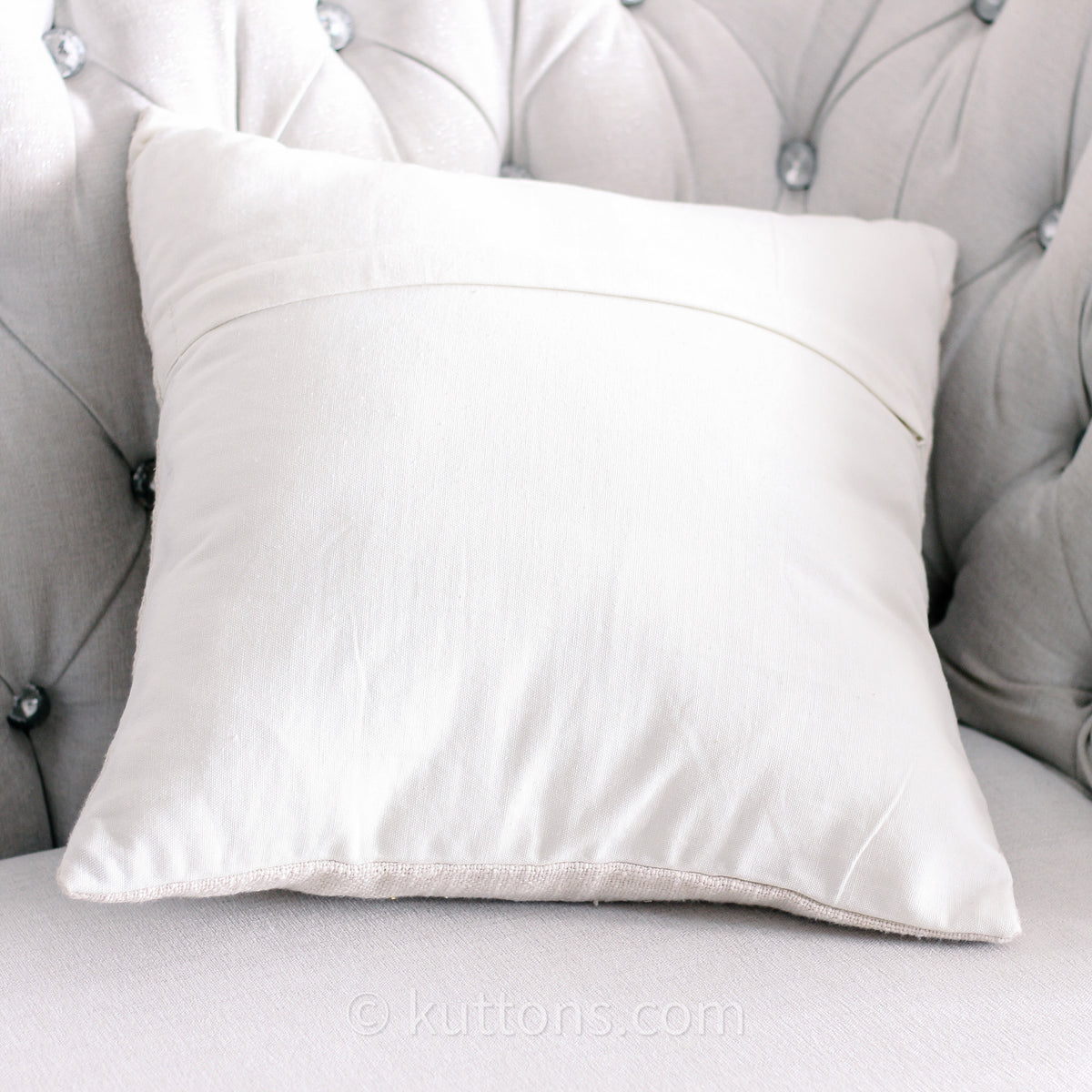
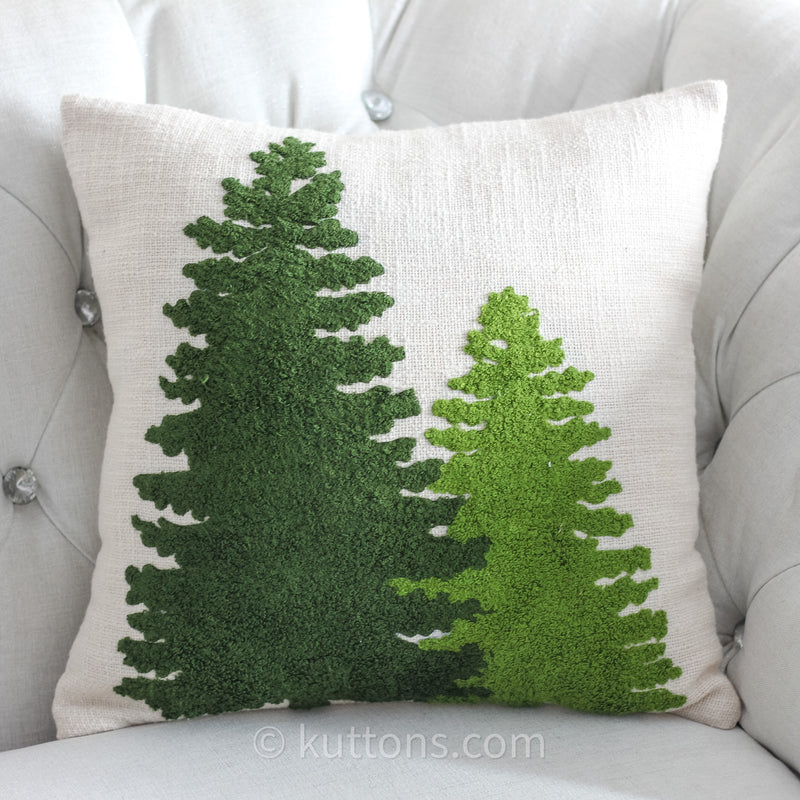
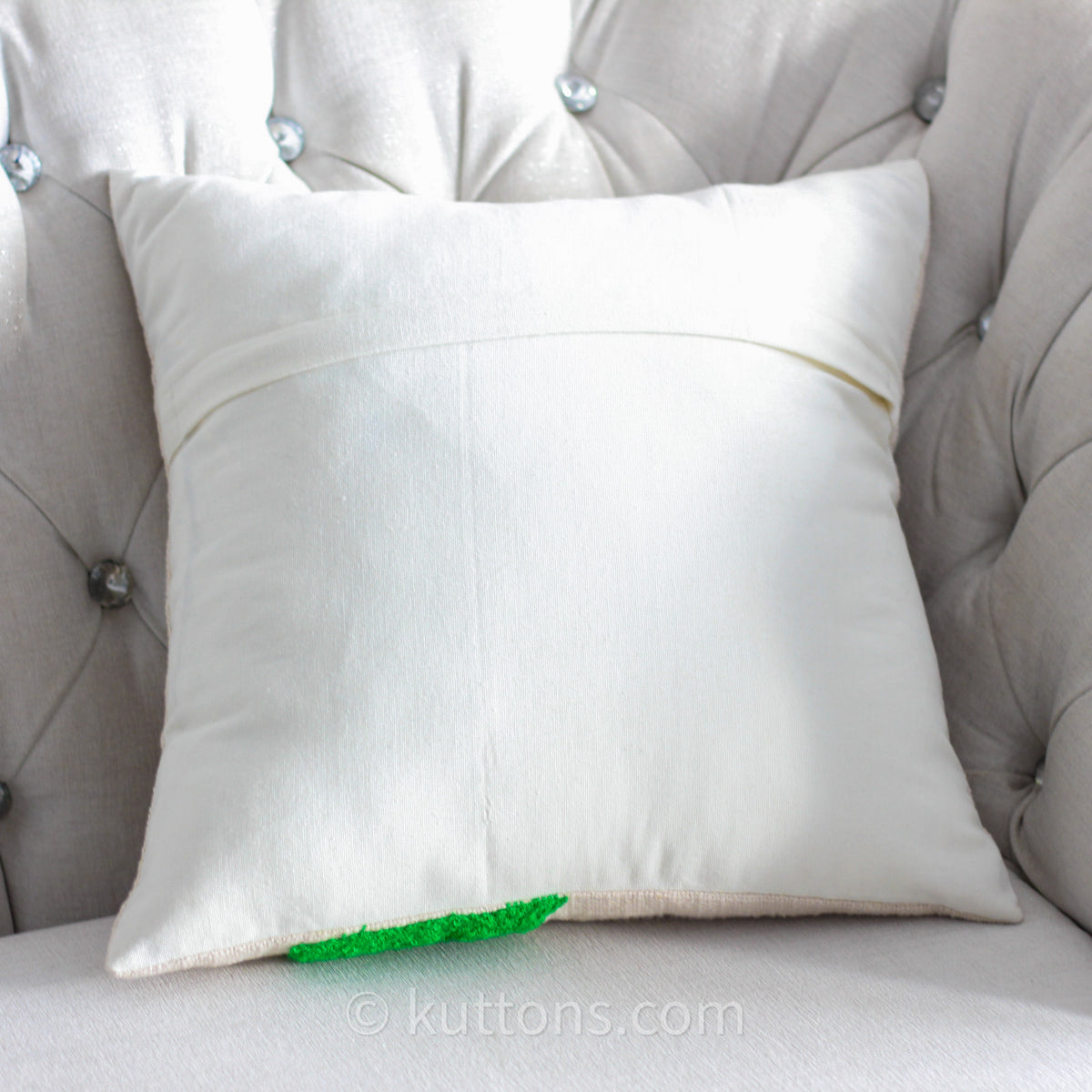

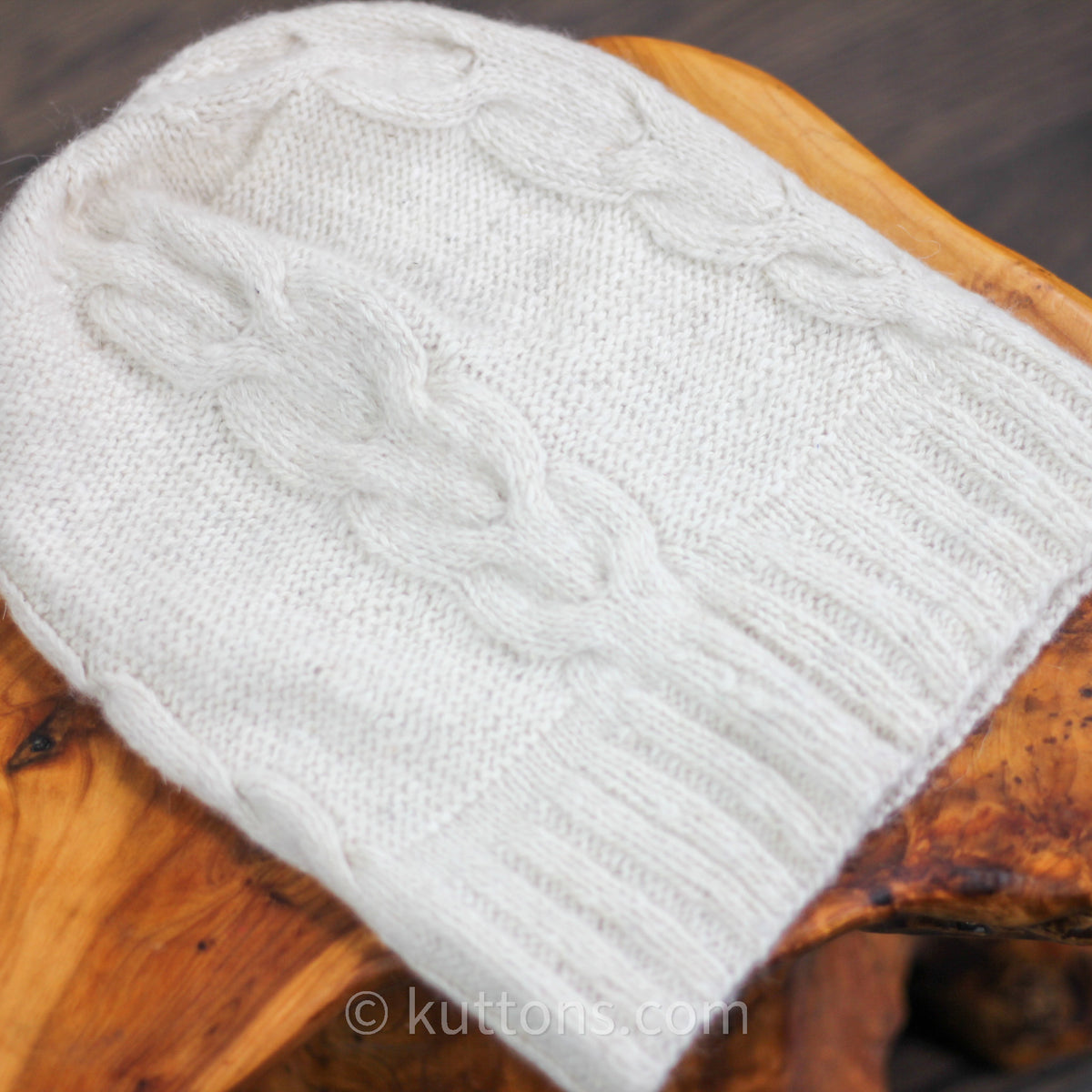
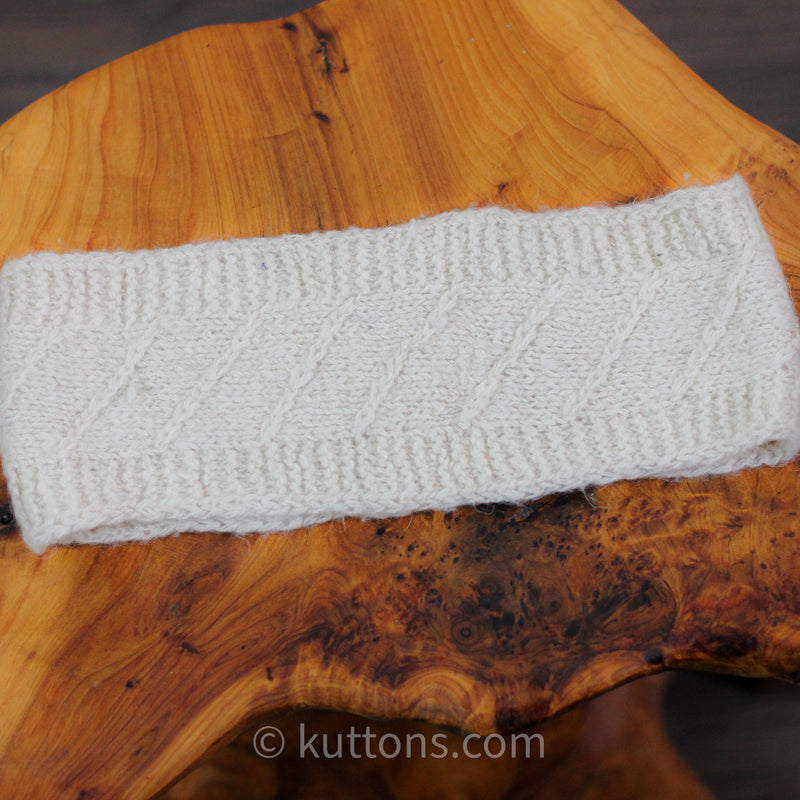

0 comments